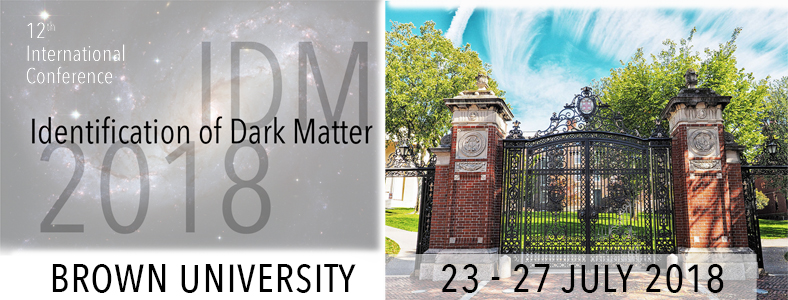Speaker
Description
Identifying signatures of dark matter at indirect-detection experiments is generally more challenging in non-minimal dark-matter scenarios than it is in scenarios involving a single dark particle. The reason is that the partitioning of the total dark-matter abundance across an ensemble of particles with different masses tends to "smear" the injection spectra of photons and other cosmic-ray particles produced via dark-matter annihilation or decay, leading to continuum features rather than sharp lines. In this talk, I shall discuss two strategies for identifying characteristic signatures of non-minimal dark-matter scenarios at indirect-detection experiments. One of these strategies exploits correlations that arise between different continuum spectral features associated with the same annihilation or decay process. The other involves the identification of an "energy duality" under which a single spectral feature is invariant. I shall also discuss potential implications of this latter strategy for assessing the origin of the observed excess of gamma-rays emanating from the Galactic Center within the context of the Dynamical Dark Matter framework.




